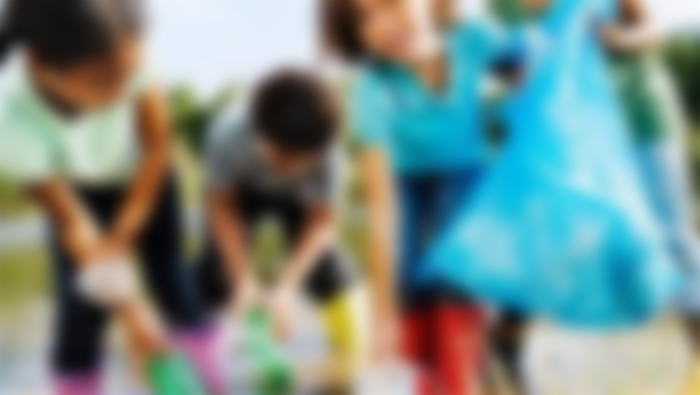Let's develop a sense of responsibility in children together
Unfortunately, the concept of responsibility in childhood does not seem to be fun for children and even boring. In order for children to be able to stand on their own feet, make decisions on their own and act in a planned manner in their future lives, they need to be supported by their parents in terms of responsibilities.

Responsibilities are very important in terms of sustaining one's life, organizing one's relationships and communications, fulfilling self-care skills, and doing what is deemed necessary academically, socially and emotionally. Although these characteristics are not given much importance in childhood, they become very important in adulthood.
Parents may sometimes avoid giving responsibility to their children because they do not want them to get upset or tired. However, as the child takes responsibility in an age-appropriate manner, his/her self-confidence will increase, communication skills will strengthen and coping skills will improve.
Parents should be role models for their children in terms of responsibility. In addition to parents who avoid giving responsibility to their children, there are also parents who avoid taking responsibility. As in every situation, the best way to teach and show something to children is to be a role model. A child who sees and observes that his/her parents know their responsibilities will, over time, take them as an example and start to behave like them.
He/she will start to make his/her bed every morning, brush his/her teeth, wash his/her hands when he/she comes from outside, help his/her parents when getting up from the table, put back the things he/she uses... All these examples are behaviors that the child will learn by observing from daily life. Rather than giving verbal education to the child about responsibility, being a model in daily life will contribute to the child adopting these behaviors more.

Responsibilities should not be taught in a rigid and unchangeable way. One of the biggest mistakes that parents generally make is that they try to instill a sense of responsibility in their children, but they push them away from responsibility. In the period when all their perceptions are the most open and they are the most suitable for learning, using sentences such as "If you don't brush your teeth, you can't watch cartoons", "If you wash your hands, I will give you chocolate" in a rigid way will cause the child to see his/her responsibilities as a stepping stone to achieve what he/she wants, not to continue his/her life. Instead, it should be explained in an age-appropriate way why the child should fulfill that responsibility, that task.
On the other hand, you may be setting an example for your child in everything, but you may not be able to see the same behaviors in your child. Remember, especially the preschool period is a time when the child observes his/her family and the people around him/her. The child observes and internalizes rules, responsibilities, values, etiquette, parental attitudes and many other things. However, it cannot be said that children are able to apply everything they learn immediately like us adults.

Of course, there are some children who do, but the knowledge learned really starts to emerge at the primary school level. Therefore, it is important that parents show patience with their children during this process and continue to be role models without giving up on responsibilities.


